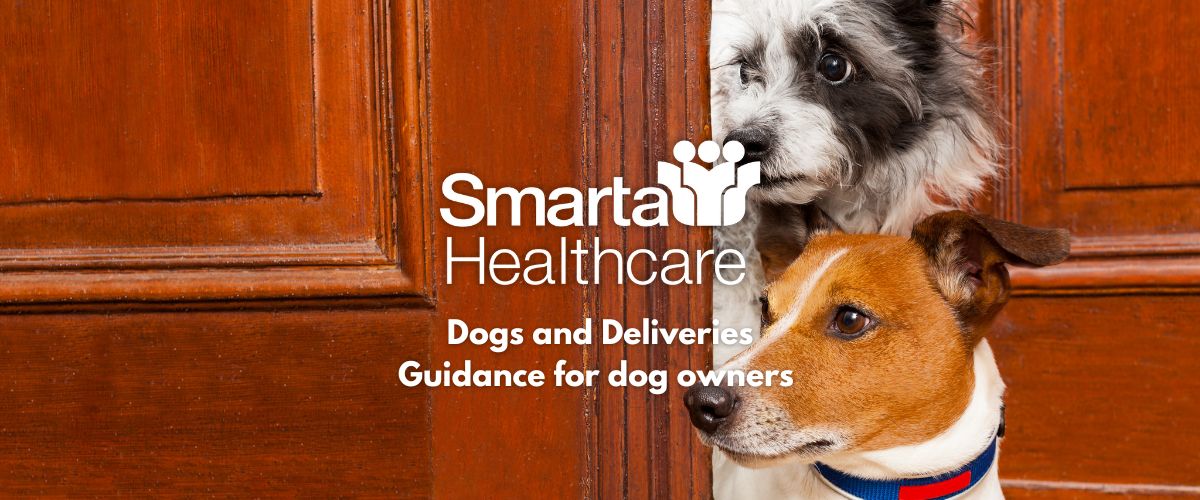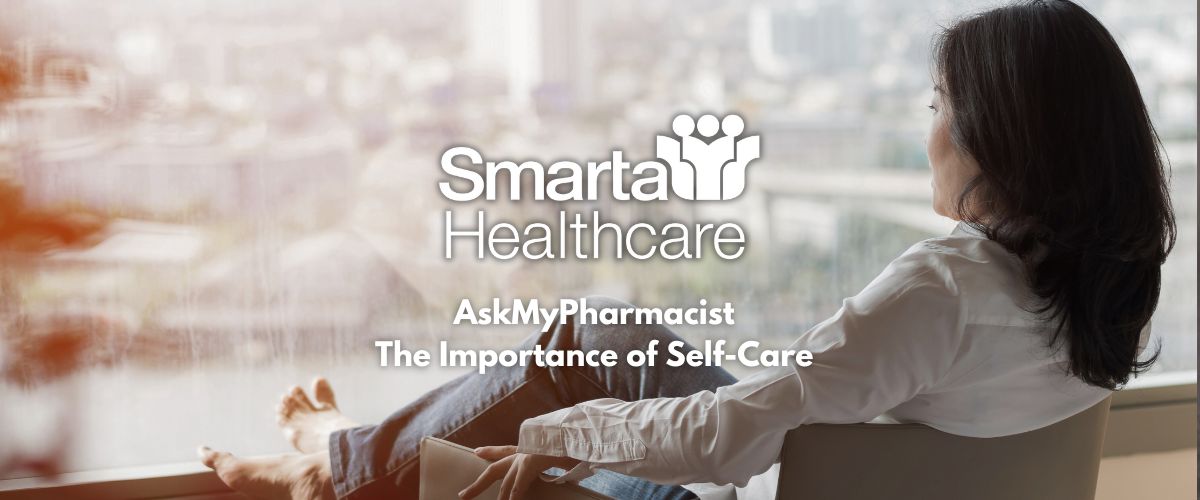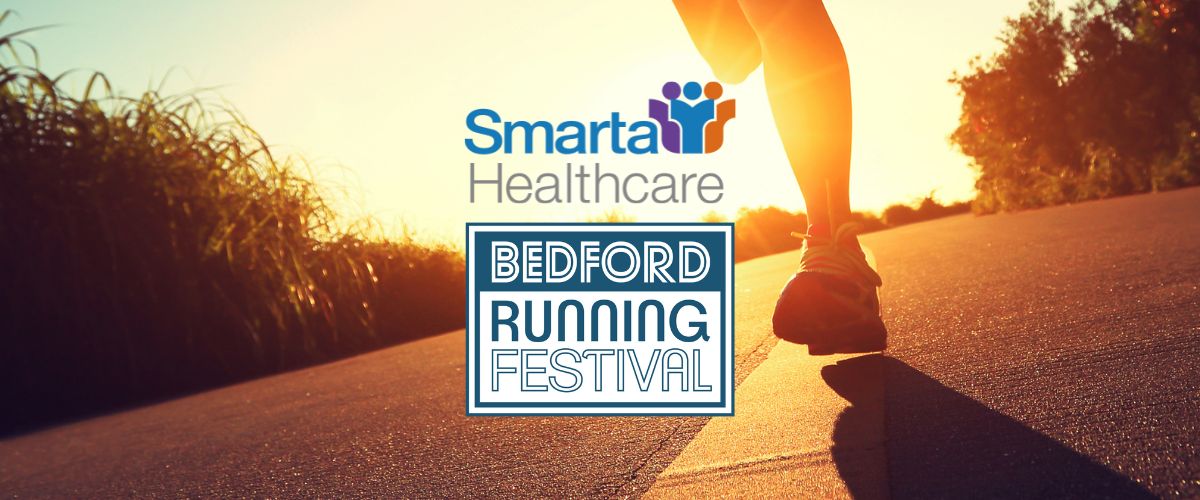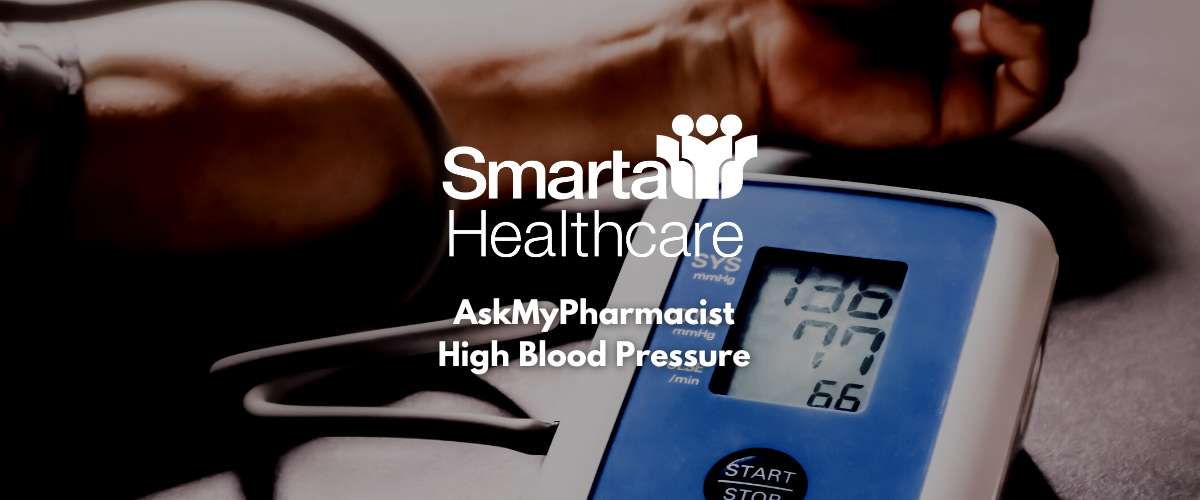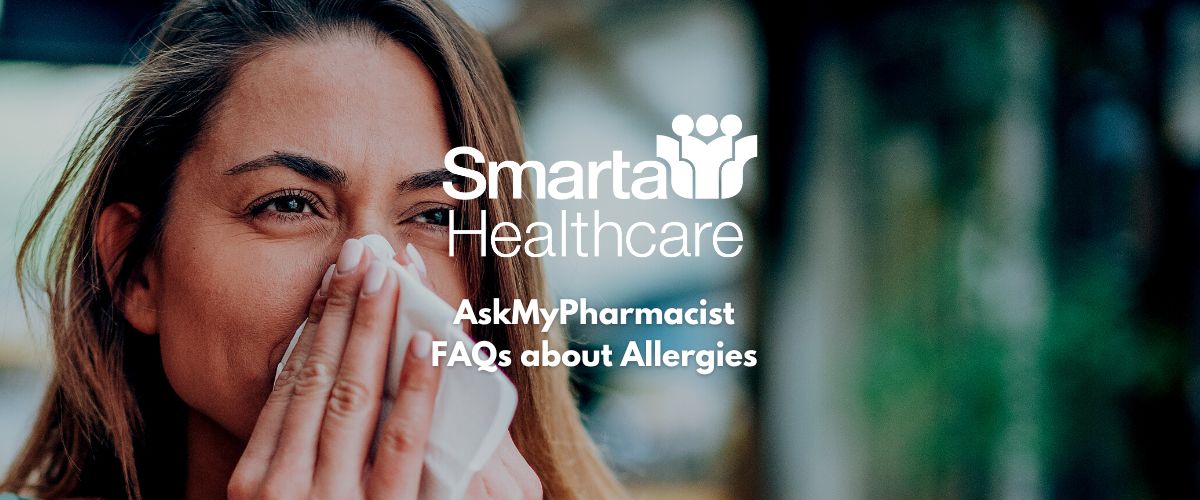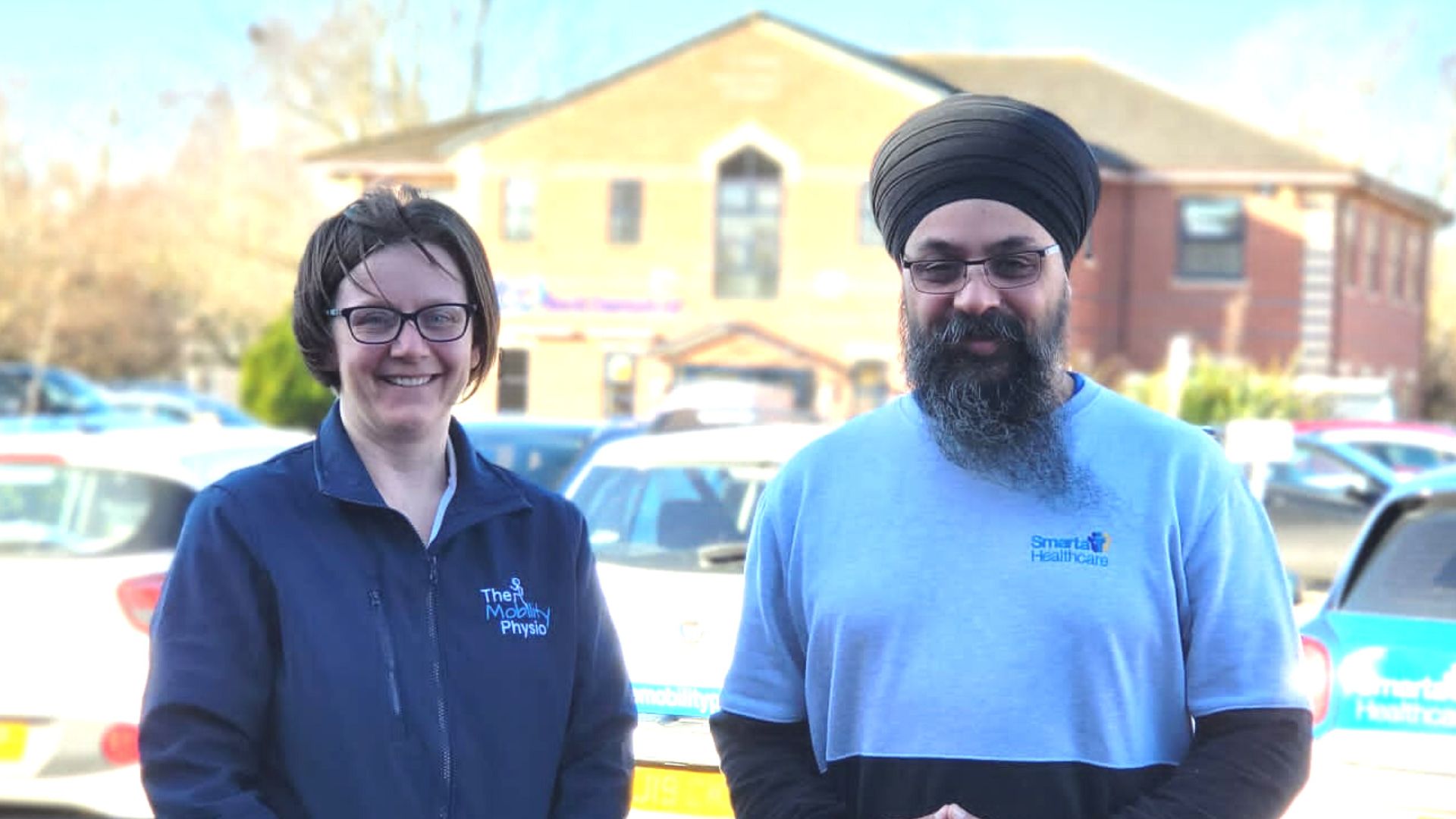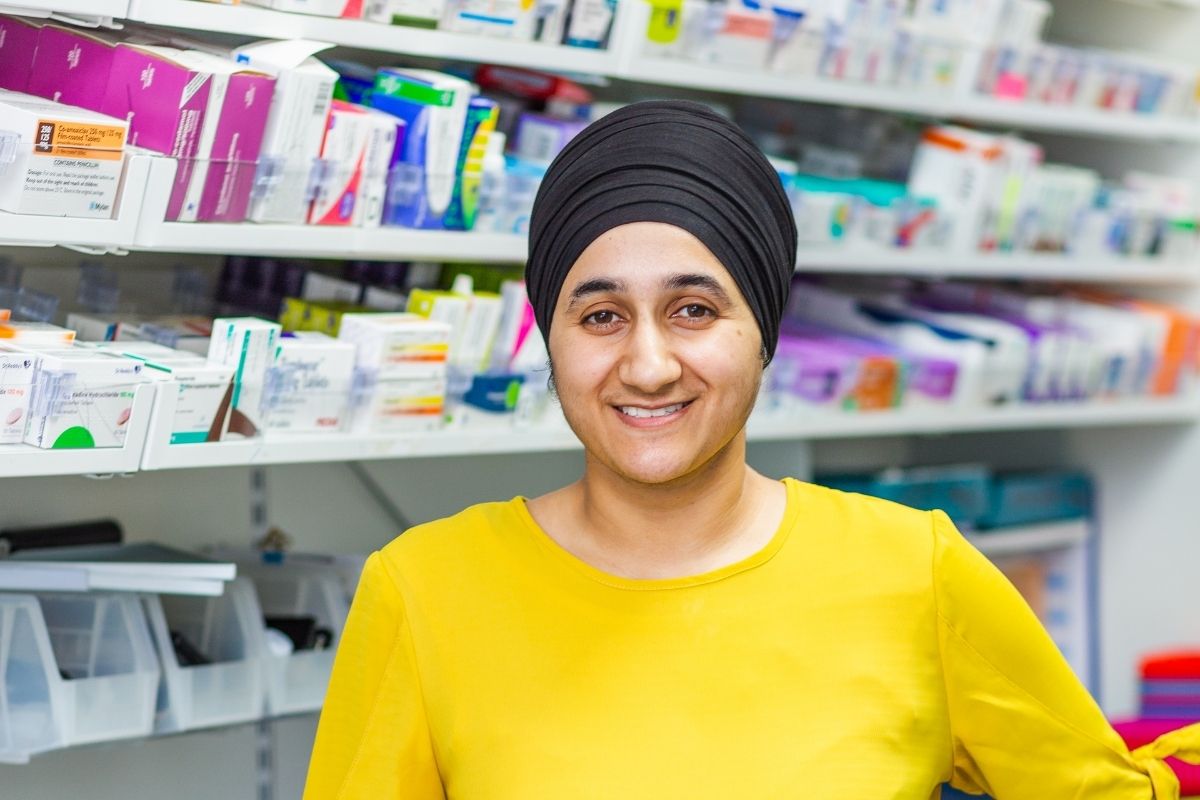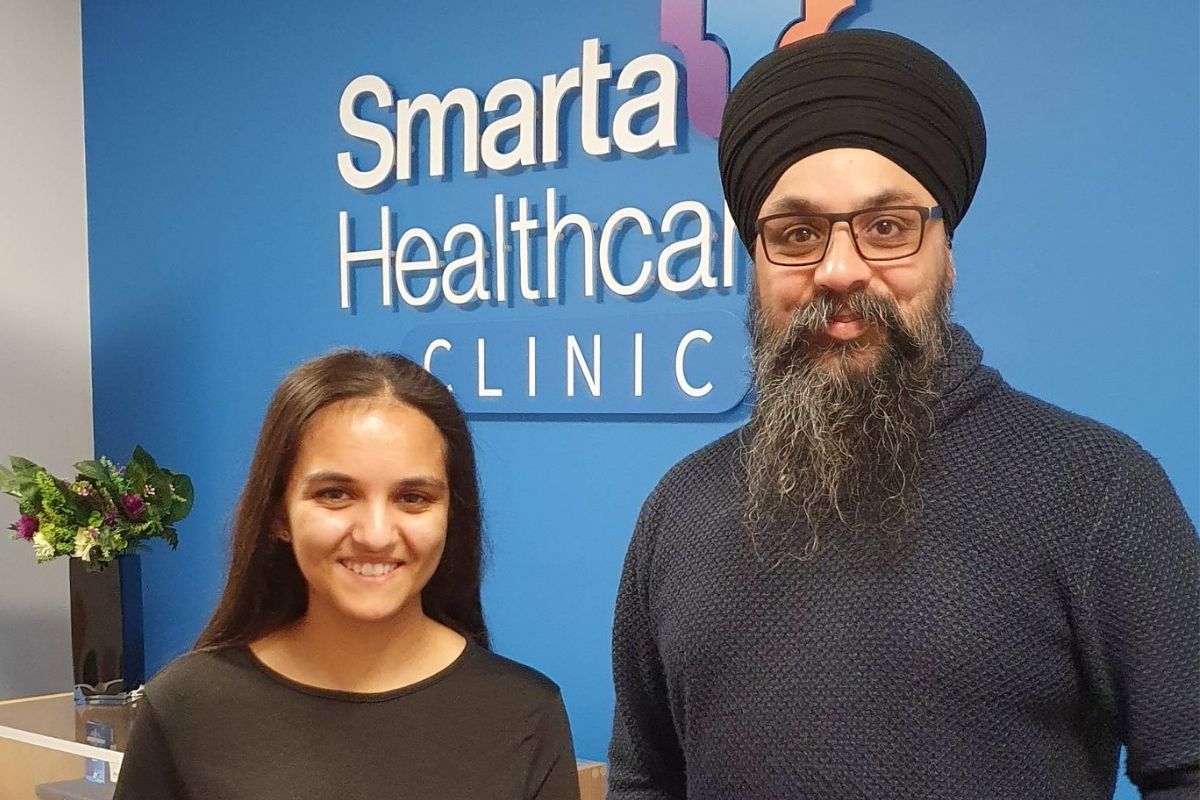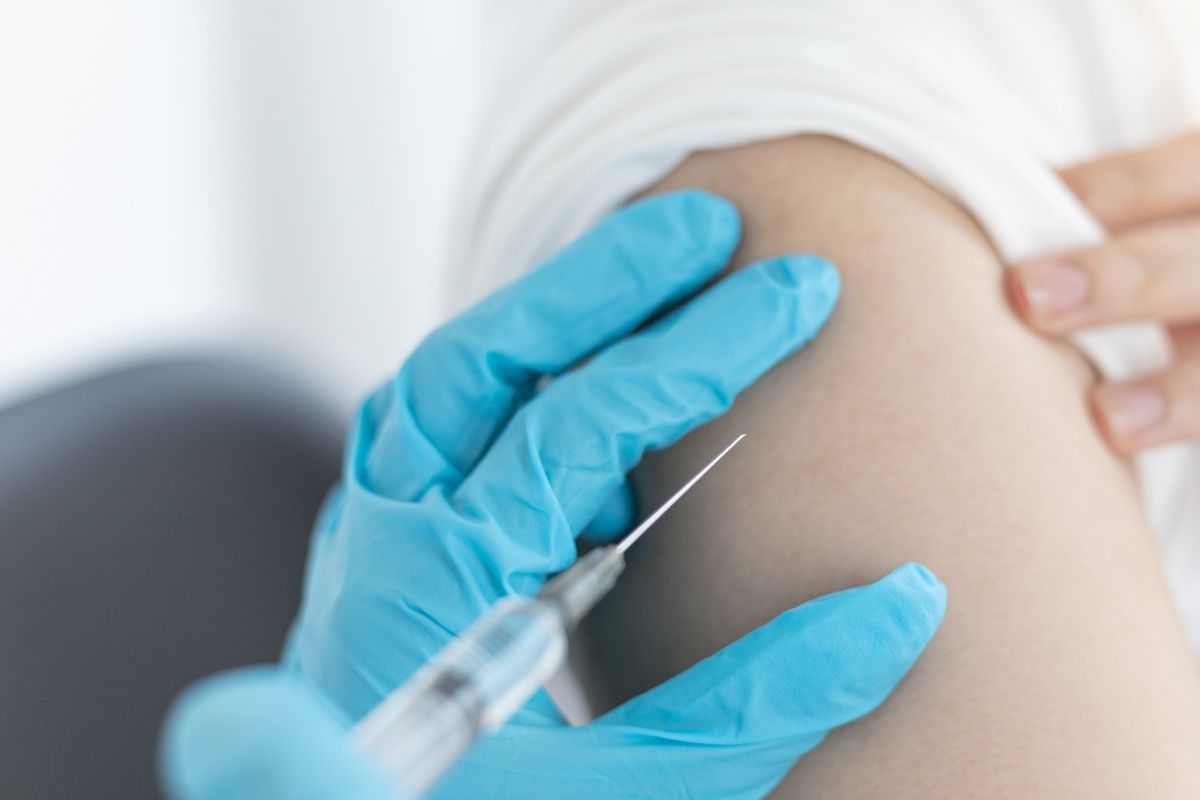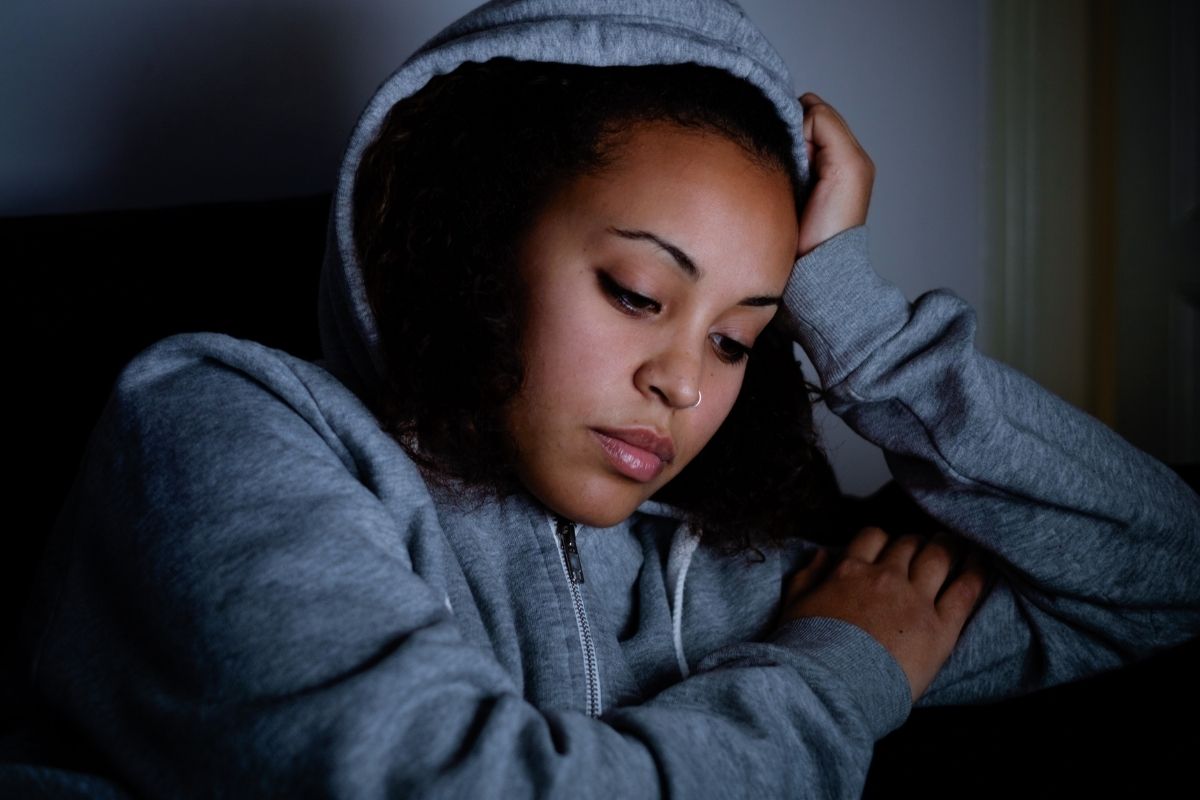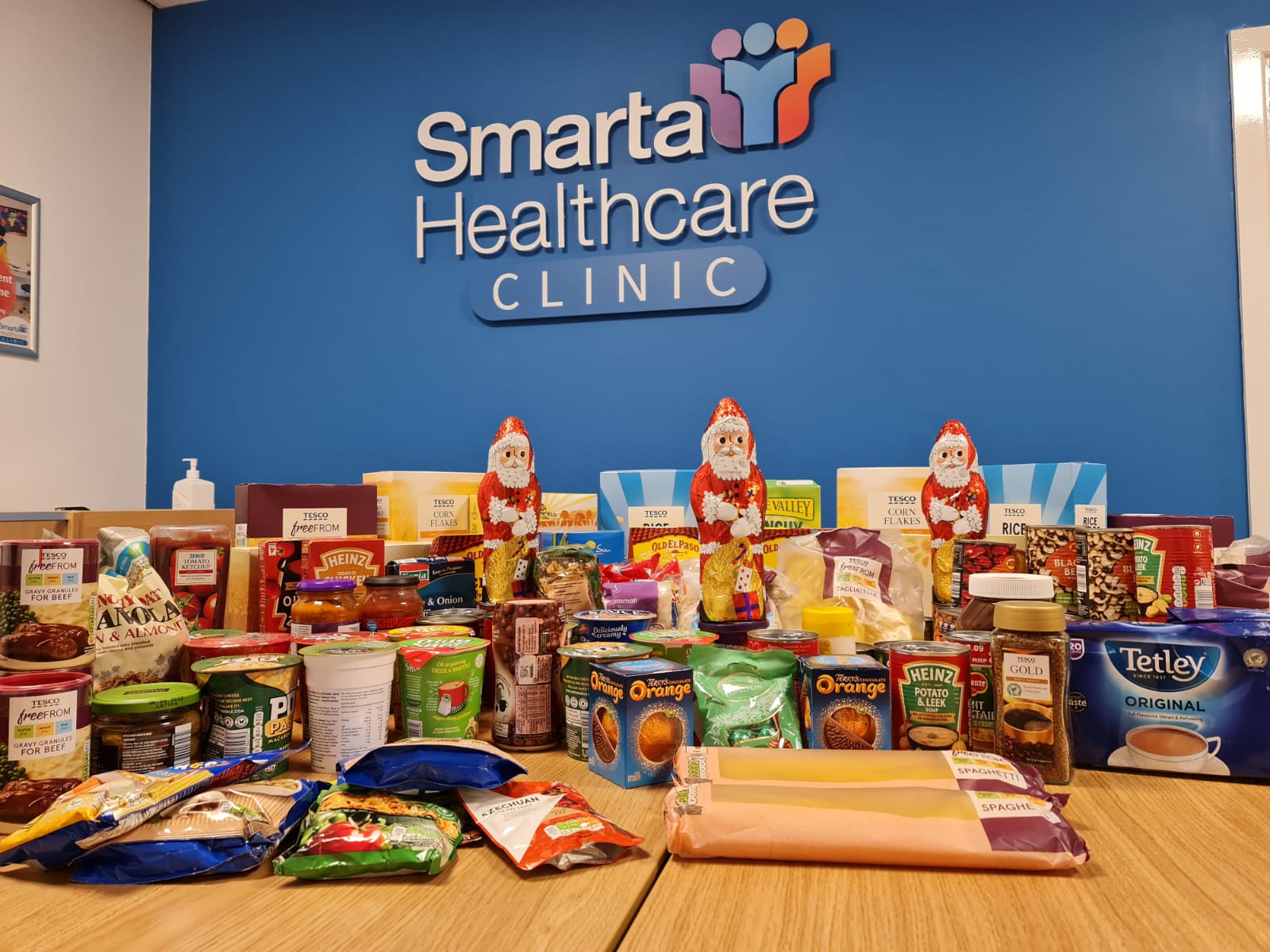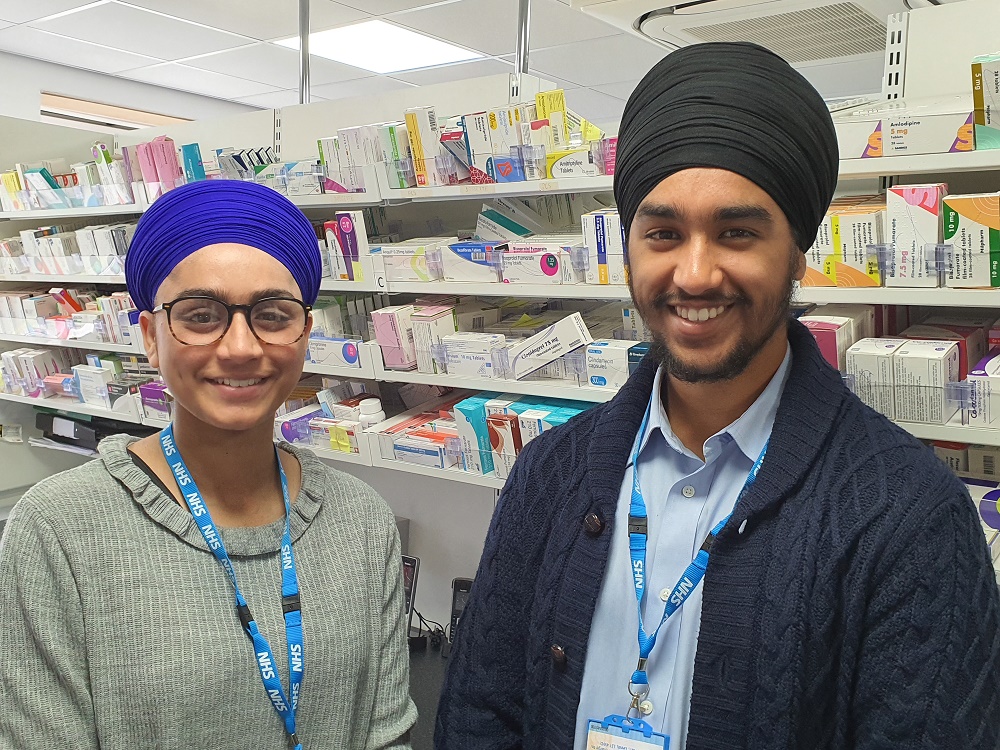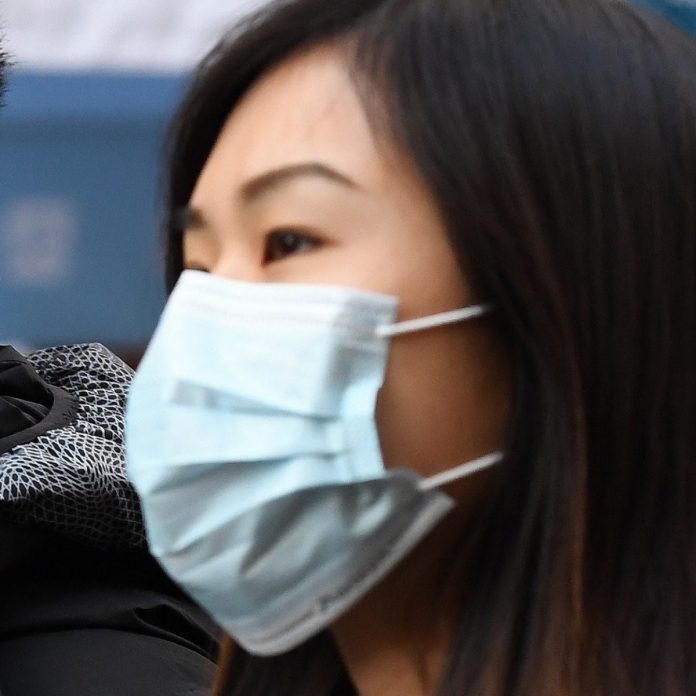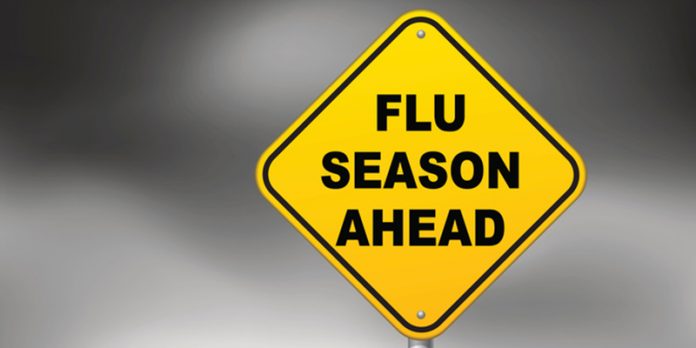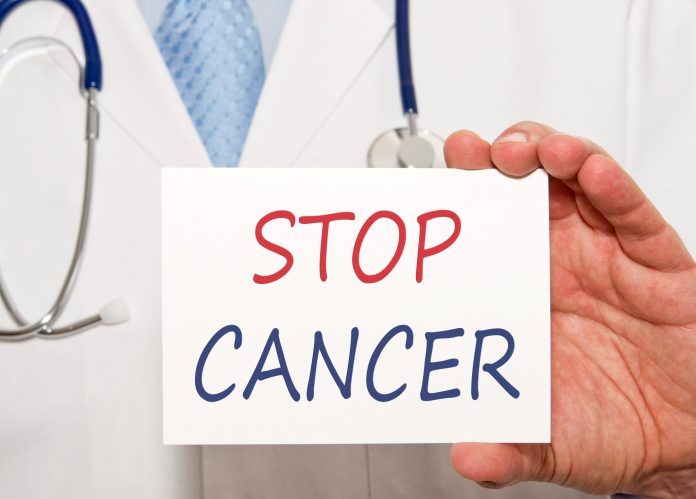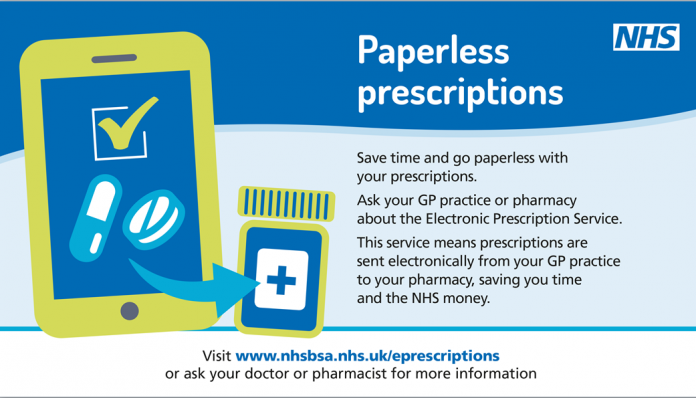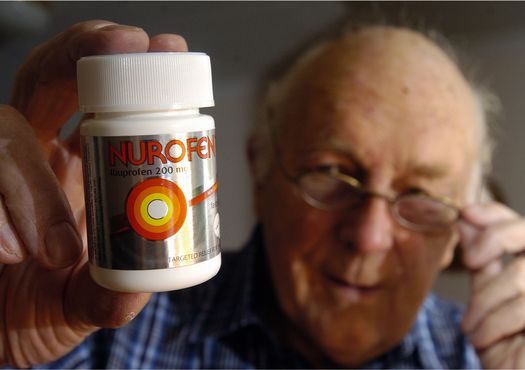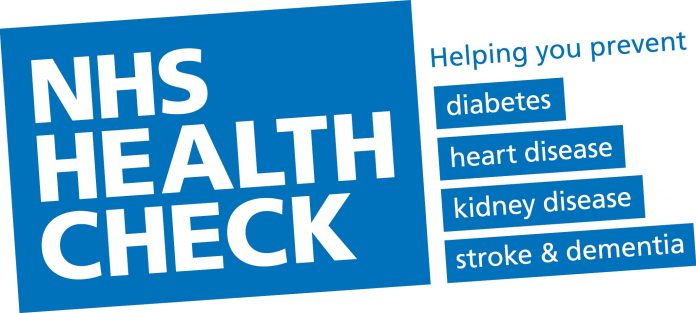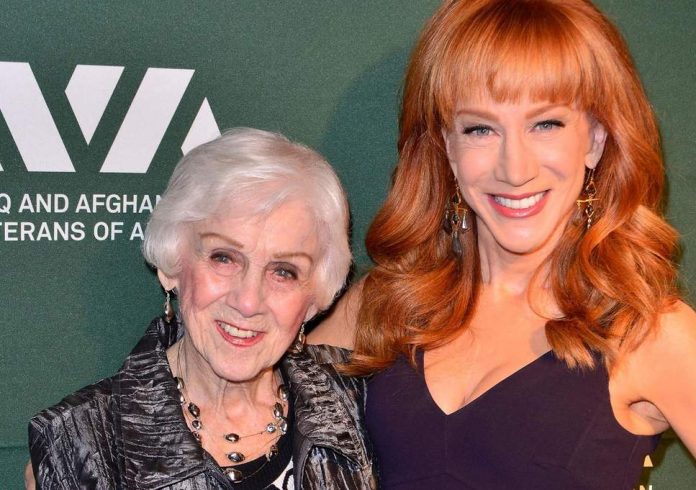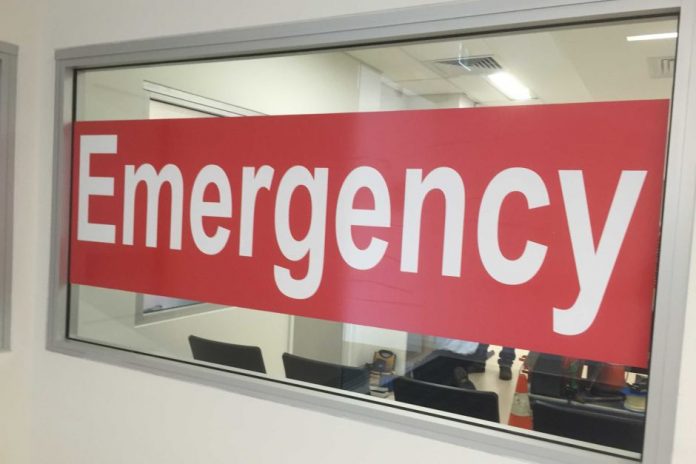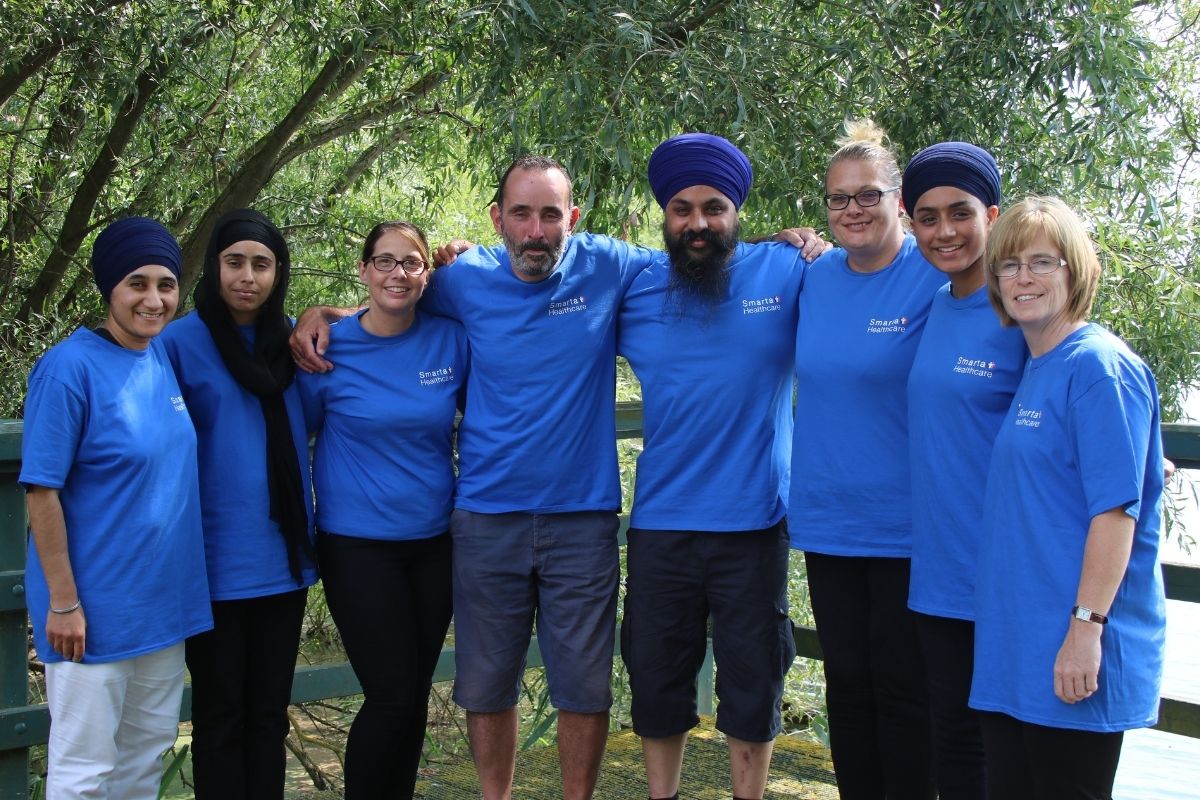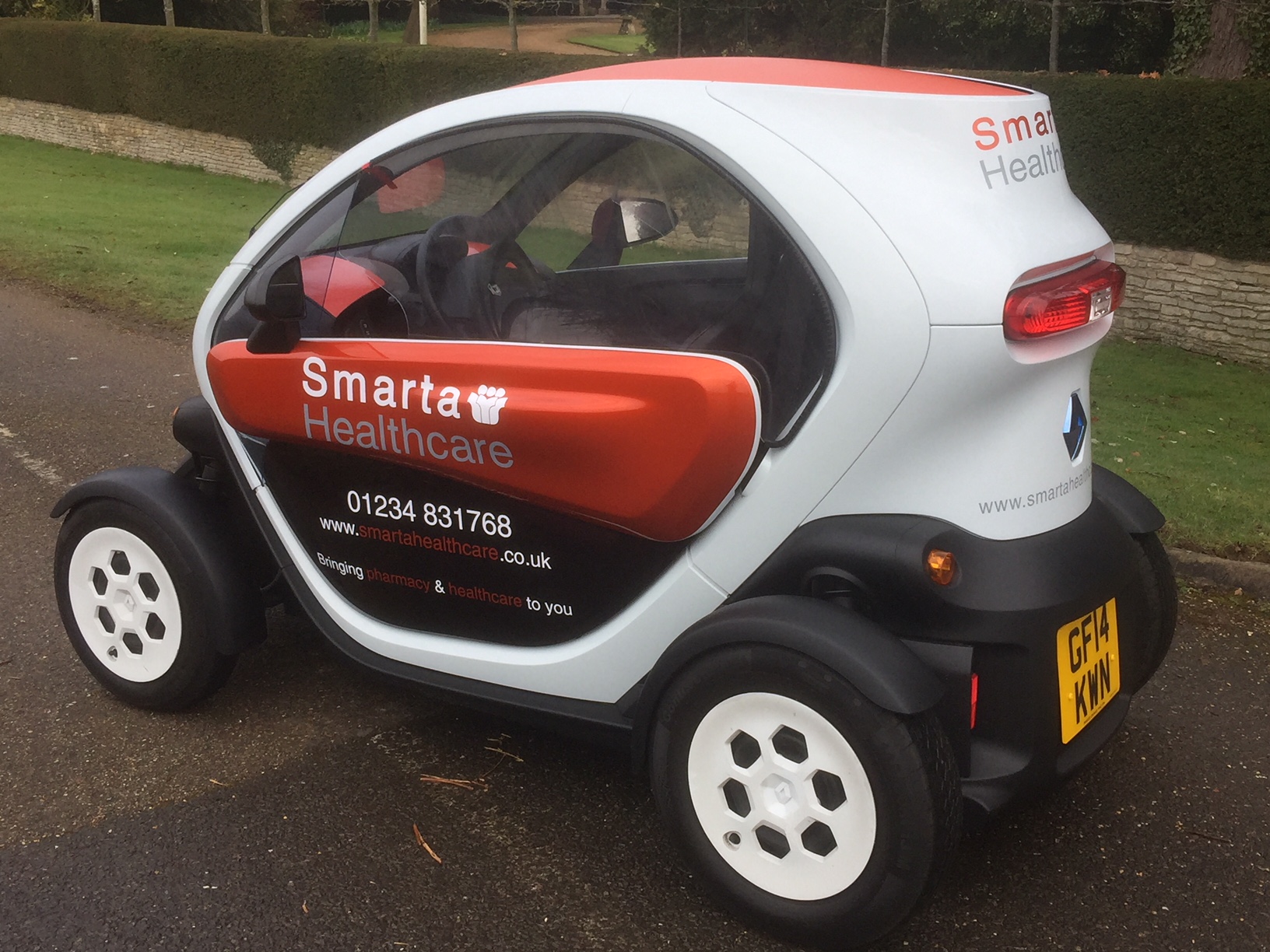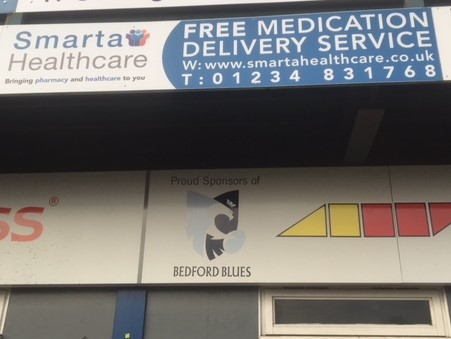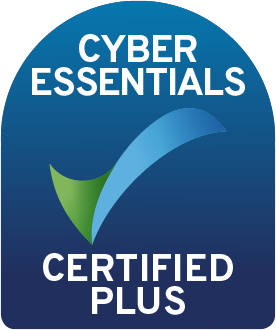AskMyPharmacist 6 FAQs about Chickenpox
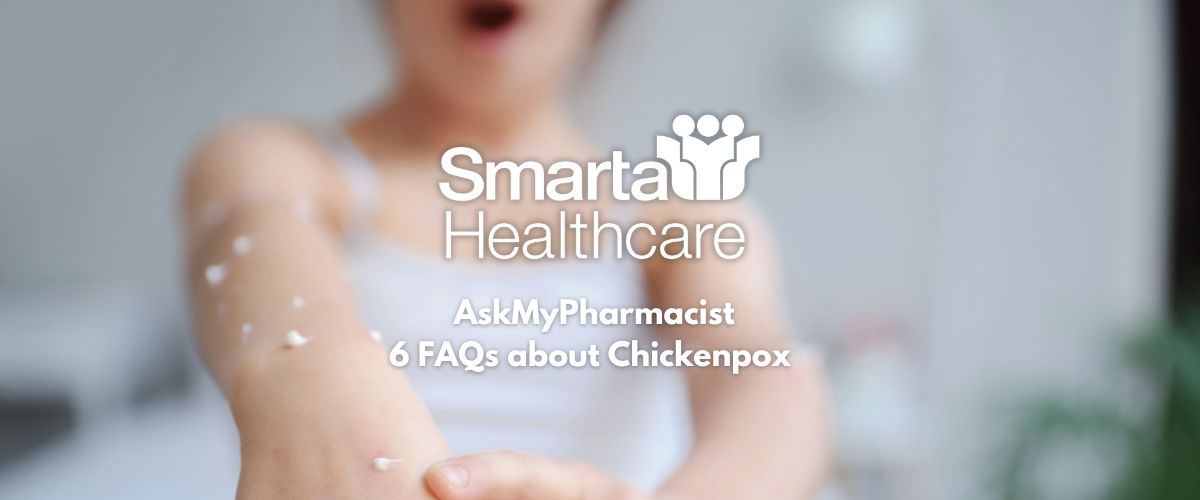
Chickenpox has been in the news recently following a recommendation by the JCVI to vaccinate children against the virus. AskMyPharmacist answers 6 frequently asked questions about chickenpox, and the chickenpox vaccine.
- What is chickenpox?
Chickenpox, also known as varicella, is a highly contagious viral infection caused by the varicella-zoster virus (VZV). It’s a common childhood disease, but it can affect people of any age who have not been vaccinated or previously had chickenpox.
Symptoms include a red, itchy rash that starts on the face and trunk and then spreads throughout the body. The rash progresses to form small, fluid-filled blisters that eventually crust over and scab. Other symptoms include fever, headache, fatigue, and loss of appetite.
The virus spreads through respiratory droplets or by direct contact with the fluid from the blisters. A person with chickenpox can spread the virus to others a few days before the rash appears, until all blisters have crusted over.
For most people chickenpox is an unpleasant illness, however some can develop serious complications. This can include inflammation of the lungs or brain, as well as stroke, all of which can be fatal. Most at risk groups include young babies (under 4 weeks) and adults who are immunosuppressed. The virus can also cause serious complications during pregnancy, putting both mothers and their unborn children at risk.
- Why is Chickenpox in the news at the moment?
In November 2023 the Joint Committee on Vaccination and Immunisation (JCVI) published a report recommending the introduction of a chickenpox vaccination to the routine childhood vaccine schedule, as well as a catch-up program to prevent a gap in immunity.
You can read the full publication by clicking here.
- Why has the JCIV recommended vaccinating children against chickenpox?
New research demonstrates the consequences and challenges associated with severe varicella infections, along with evidence indicating the cost-effectiveness of vaccinations.
During the Covid-19 pandemic, many children were not exposed to the chickenpox virus due to social distancing. This caused a decline in chickenpox cases among younger age groups (compared to pre-pandemic levels) thereby expanding the pool of susceptible children to varicella.
- Do other countries vaccinate against chickenpox?
Many countries including the USA, Canada, Australia and Germany, routinely vaccinate against chickenpox. The vaccine has been shown to be effective in reducing the severity of the illness and preventing complications from the virus.
- What is shingles and how will vaccinating against chickenpox affect cases of shingles?
Once a person has caught chickenpox, the virus remains dormant in the body but can be activated later in life and cause shingles. Shingles, (aka herpes zoster), is a viral infection caused by the varicella-zoster virus (VZV). Shingles is more common in older adults and individuals with weakened immune systems.
Previously the chickenpox vaccine has not been part of the childhood vaccination program, because of fears that it could result in an increase in cases of shingles in adults. However, studies in the US demonstrate that vaccinating against chickenpox does not cause an increase in shingles cases. The effectiveness of the vaccine has been demonstrated in decreasing the severity of chickenpox and limiting complications arising from the virus.
The UK has an NHS shingles vaccination programme in place for adults aged between 70-79 years old. Adults over 50 years old (or those with an increased risk of shingles aged 18+) can receive private vaccinations at health clinics including Smarta Healthcare.
- Should I consider getting myself, my family member, or my child vaccinated against chickenpox?
The chickenpox vaccine has the potential to be a life-saving measure. Children and adults with the virus may encounter severe complications such as lung inflammation, brain inflammation, and even strokes.
Widespread vaccination could also benefit others by diminishing the spread of the chickenpox virus within the community. This would provide protection to those most at risk, including young babies, adults with weakened immune systems, pregnant women and their unborn children.
The chickenpox vaccine is currently not part of the routine NHS vaccination program (the JCVI recommendation will take time to be considered and implemented). Smarta Healthcare can provide private vaccinations to individuals or families that want it.
If you would like to discuss vaccinating yourself or any member of your family against chickenpox or shingles, get in touch by calling us on 01234 831 768, or arrange a free AskMyPharmacist virtual consultation with one of our healthcare professionals.

